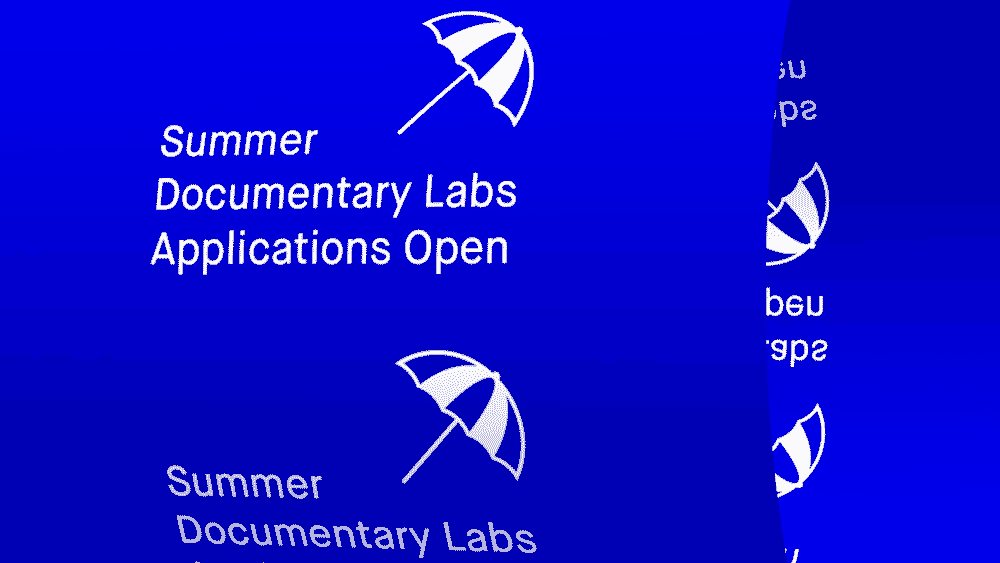Melanie Bonajo digs into our internet enthusiasm and watching obsessions, highlighting the funny but grotesque dramatization of nature and reality.
In this screening / presentation, she will look at spectatorship through two her recents projects: Progress vs Regress, a film about the way elderly people experience and think about our ultra-mediated social relationships, and Matrix Botanica, a publication about how amateur animal photography online changed our idea of Nature.
Part One of the Night Soil Trilogy, a Film by Melanie Bonajo
Progress vs Regress
Progress vs Regress is a film about how technological inventions changed social relations seen through the eyes of people who are now almost one hundred years old years old. The film implicitly speaks about how different generations deal with technology and how we as a society treat our elderly.
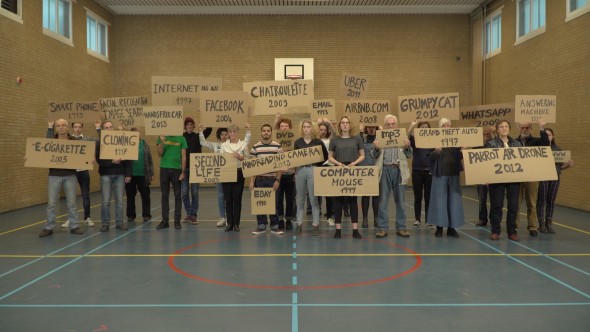
Matrix Botanica
This publication is about the future of animals in relation to education and preservation through information we receive about them via popular images on the Internet. In how far are typical Nature photography categories designed by the hands of science replaced by the images of amateurs who all document the disappearing surrounding of wildlife by ever expanding urbanization. Do we need complete revised categories of science? When does a lion stop being a lion? Can dying as a species be polite? Will zoos need to be turned in to shelters? And will we, in the nearby future, end up with a midget elephant as a pet in our garden, because all wildlife is transformed in to cattle. What do these images tell us about the state of the planet and the future of humans ?
Our enormous access to animal pictures on the internet trample down our awareness that only humans poses self awareness, language, culture, land and customs. But what do we really see on these images? We see animals who are taken out of their local habitat or whose natural landscape has been too much invaded by humans. The rupture of the lands of animals, their lives and history is mirror in the legacy of rupture in their brains, bodies and behavior and you can see that through their representation. These species have been confronted with so many changes they have now a bi-cultural identity, that of human and of their own. Taking in to perspective that variation on how we are raised are responsible for the many variations on the theme of being an animal.
Since the popularization of the internet, about 10 years ago, I have been collecting extensively animal images online. These mostly amateur photographs show an eclectic image of the rapidly changing human-animal relationship which was just fifty years ago impossible to even imagine. The object of my interest is not just the animal or environment, but the dialogical space in between, which turns out to be a site of drama, seen through funny images, which give people a sigh of relief making the destruction of their earth less painful.
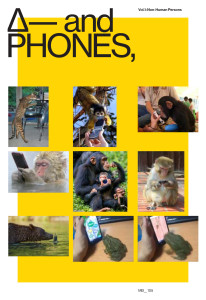
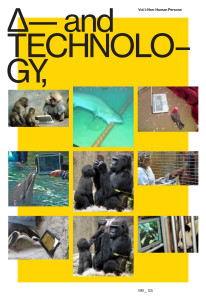

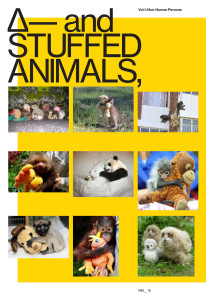
About

Melanie Bonajo is a Dutch artist working with performance, installations, music, event organizing, and photography. Her works address themes of eroding intimacy and isolation in an increasingly sterile, technological world. Her experimental documentaries often explore communities living or working on the margins of society, either through illegal means or cultural exclusion.
Her work has been exhibited and screened internationally, from De Appel Arts Centre and Stedelijk Museum in Amsterdam to the Center for Contemporary Art, Warsaw, the Moscow Biennial, International Documentary Film Festical (IDFA), the Berlinale, the International Film Festival Rotterdam, and Treefort Film Fest.

Mathilde Walker-Billaud trained and worked as an art editor in Paris. She was a Program Officer for the Book Office at the French Embassy and for Villa Gillet in the USA. She is now an independent curator and cultural producer based in New York City.
What You Get Is What You See: A Series On Spectatorship






